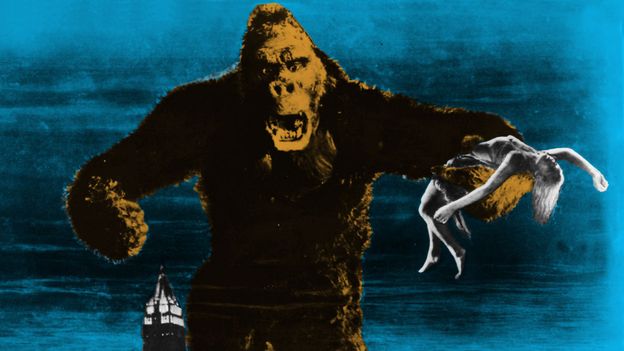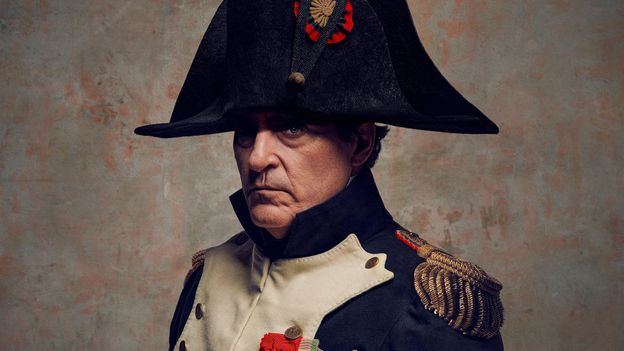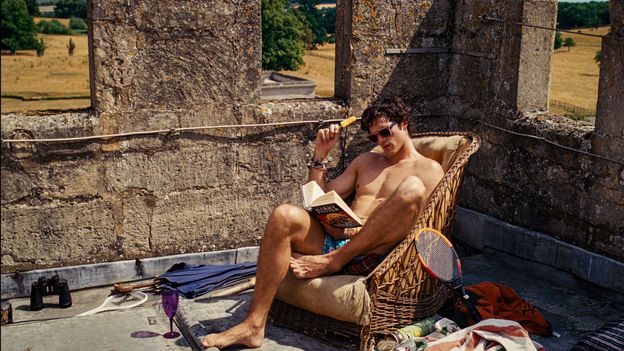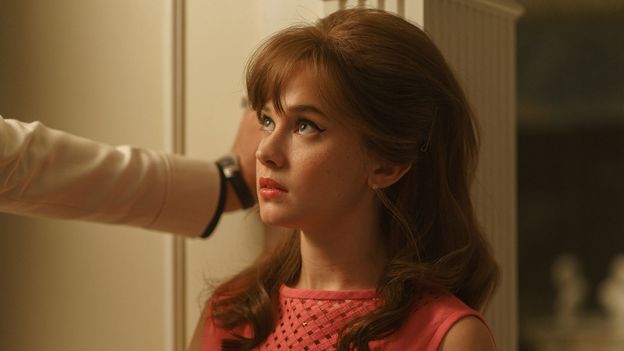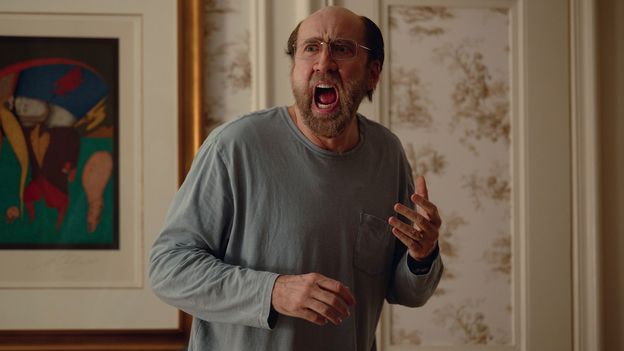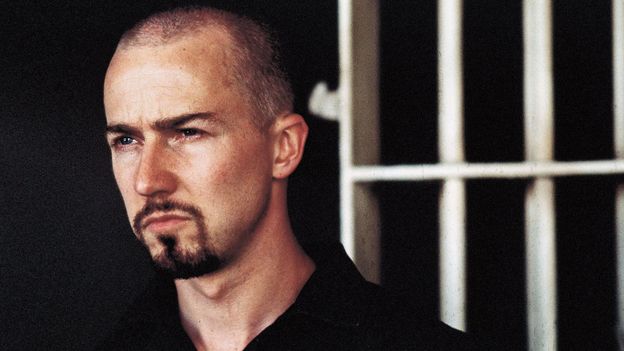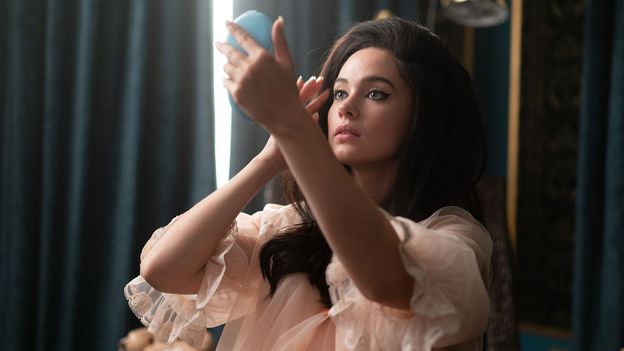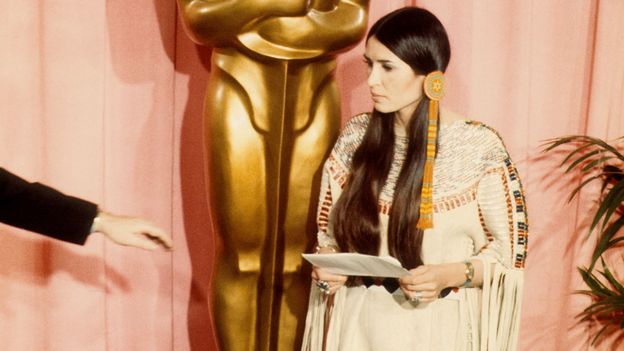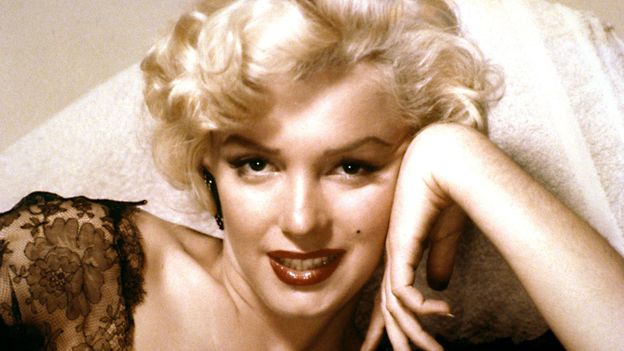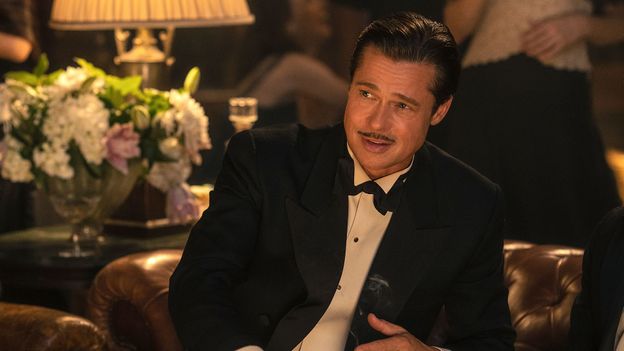Nor would it work without the film’s iconic title character, who prompts a unique balance of fear and sympathy. From the moment he crashes into view in a primeval jungle, Kong is more obviously frightening than any other movie monster: with a height that varies between 18ft and 60ft, as the scene demands, he can squash the competition flat with one titanic foot stomp. But no other movie monster gets the viewer on his side so quickly. Within minutes, he is fighting for survival with a Tyrannosaurus rex and a Pteranodon, and he has the most understandable human motive for his behaviour: he’s got the hots for Fay Wray. More importantly, the film’s chief model-maker, animator and special effects specialist, Willis H O’Brien, invests him with far more personality and soul than Godzilla would ever have. Ticking off every trick in the pre-CGI book, O’Brien often puts real actors, matte paintings, miniatures, and stop-motion animation in the same frame with an ingenuity that still seems like wizardry.
King Kong isn’t just a great monster movie, though. It’s also one of Hollywood’s best films about Hollywood. In the last year, Jordan Peele’s Nope used monster-movie tropes to comment on the film industry, and Damien Chazelle’s Babylon revelled in the insanity of Tinseltown in the 1920s. Yet King Kong got there first, commenting on itself with a wit that seems positively postmodern, and condemning monomaniacal directors decades before their peers began to frown upon them.
Just to make Cooper’s preoccupations clear, the very first line of dialogue is, “Say, is this the moving-picture ship?” The ship in question, docked in New York, has been chartered by Carl Denham (Robert Armstrong), a director who specialises in documentaries remarkably like Cooper and Schoedsack’s. He is notoriously cavalier about his cast and crew’s safety: he sacked his last cameraman for abandoning his post just because a rhino was charging at him. His ambition now, he says, is “to make the greatest picture in the world, something no one has ever seen before”. And so, rather than introducing us to treasure hunters, explorers or zoologists, King Kong devotes its opening act to a director grumbling about audiences and critics. He’s prepared to travel for thousands of miles to capture some footage of a gigantic demonic beast he’s heard about, but, he complains, the public insists on films having “a pretty face” and “romance”.

